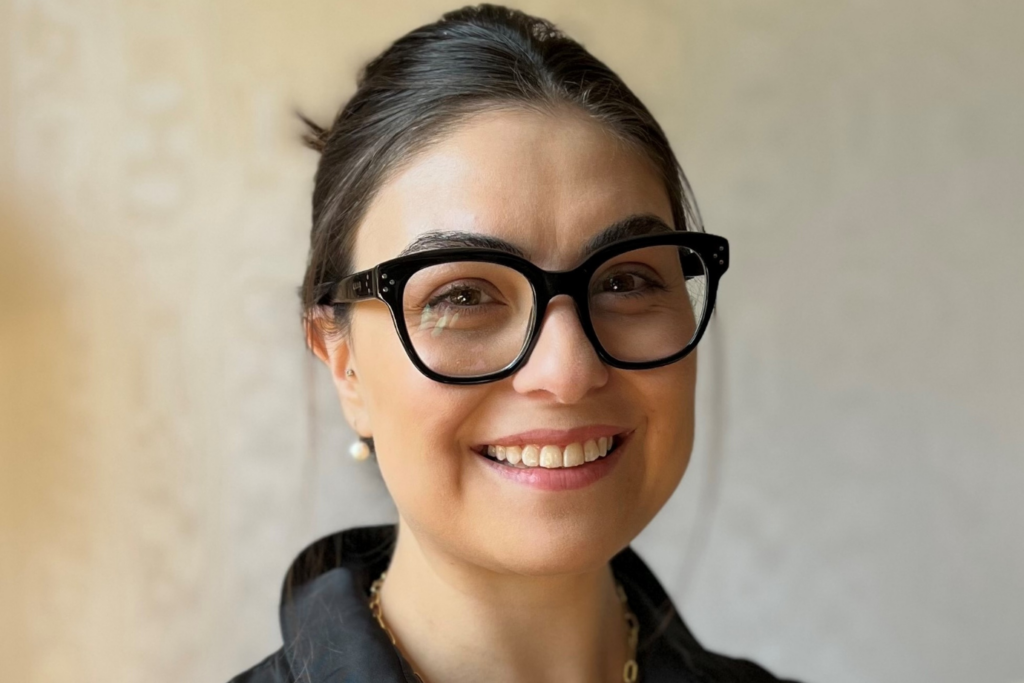As we navigate a world increasingly aware of the nuances of representation, prominent leaders like Kamala Harris, Sam Mostyn, Vanessa Hudson, and Michele Bullock are not just filling roles; they are transforming the very essence of leadership. Their approach showcases that empathy and inclusivity aren’t merely idealistic traits but fundamental for effective decision-making and organisational success.
In my community, examining the impact of representation hits close to home. My grandparents, immigrants from Eastern Europe, continue to face significant barriers in politics and healthcare, navigating these systems primarily through the translations of my mother. Their story reflects a broader narrative within immigrant communities, resonating deeply when considering leaders like Kamala Harris. She stands as a beacon for those often marginalised in political processes, particularly non-English speakers who are more prone to misinformation and targeted manipulation. Harris’ role transcends her office; she symbolises a fight against systemic disenfranchisement.
If Kamala Harris were applying to be the CEO of my organisation, I wouldn’t hesitate to hire her. This metaphor extends to her candidacy for President of the United States—the CEO of one of the world’s largest ‘organisations.’ Critics have argued her qualifications and readiness, mirroring an age-old bias many women encounter in their careers, especially when putting their hand up for the top job. Yet, Harris has proven her capability, performing aspects of her role even before officially assuming them.
Historically, men are less likely to question their presence in leadership, unlike women who navigate additional scrutiny. Consider Donald Trump or JD Vance, whose reputations and experiences have received way fewer questions than the candidate already in office. When organisations seek transformation—be it through innovation, culture, or strategic redirection—they frequently turn to women in times of crisis or change. This pattern reveals women are more likely to be seen as custodians of empathy, authenticity, and emotional connection, capable of rebuilding trust and reshaping institutional legacies.
On one hand, it’s frustrating that women are frequently chosen to lead post-crisis, stepping in when a male predecessor’s failure has eroded trust. However, as the Harvard Business Review notes, “women do hard things better.” Vanessa Hudson’s rise from Group CFO to CEO of Qantas amidst controversies and Michele Bullock’s appointment as Governor of the Reserve Bank of Australia during economic pressures underscore this.
Their leadership, marked by wisdom and compassion, encapsulates the essential traits for navigating today’s challenges.
This year has underscored a surge in female firsts—far from being a fleeting trend, it’s a profound shift.
At The Women’s Club, our programming has reflected this shift, highlighting women pioneers in their fields. From the inaugural commander of the 2nd Health Brigade in the Australian Army to the first females appointed in diplomatic relations roles and politics, these women are not just filling positions but redefining them. The breakthroughs in civilian and military leadership, as of last month, with the appointed three 3-star generals like Natasha Fox, Michelle McGuiness, and Susan Coyle (3 out of 10) exemplify not only excellence in their fields but also a commitment to equitable competition and diversity in leadership pipelines.
Merit-based leadership and politics, championed by leaders like Governor General Sam Mostyn, argue that inclusion should be a deliberate choice, not a quota-filling exercise. This principle is crucial as we envision the type of organisations we want to lead or be part of—one that values diversity, equity, and upholds a legacy of integrity.
In a world where Presidents and Prime Ministers serve as the CEOs of their countries, the question of leadership style becomes paramount.
How do we want our ‘organisations’ to be run? Harris’ trailblazing journey—from California’s top attorney to the first woman wielding presidential powers—makes it clear that leadership infused with vision, pragmatism, and an unwavering commitment to representation doesn’t just fill roles—it redefines them.
Danielle Asciak is CEO of The Women’s Club in Sydney. Find out more about the upcoming Club Lunch series celebrating Female Firsts; a platform that recognises trailblazing women in leadership positions from politics, academia, sciences, law, civil society and the cultural and creative industries.

